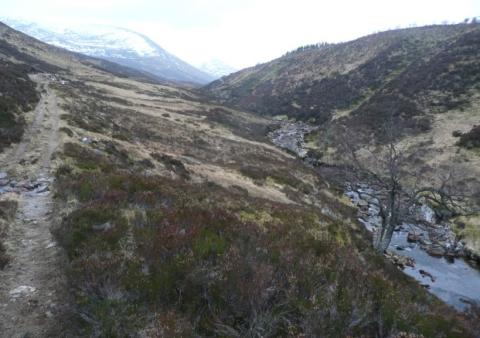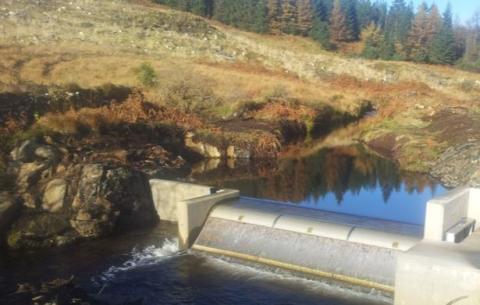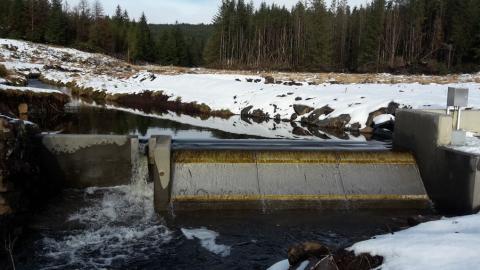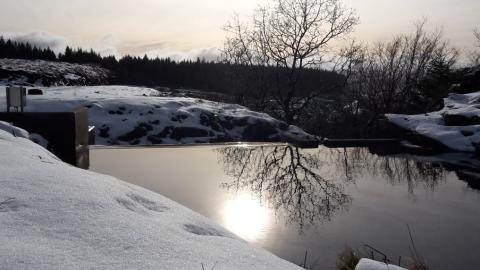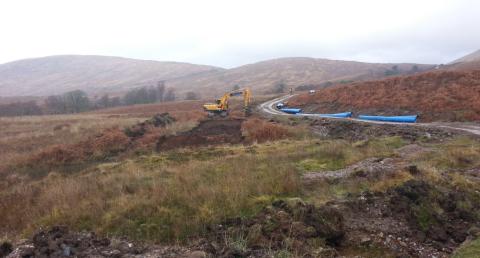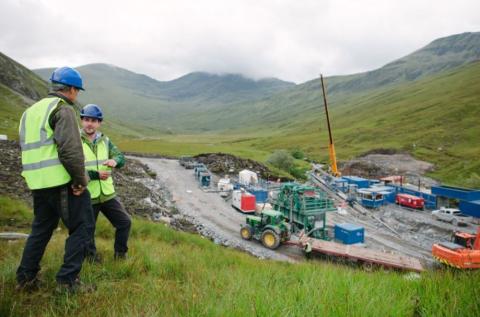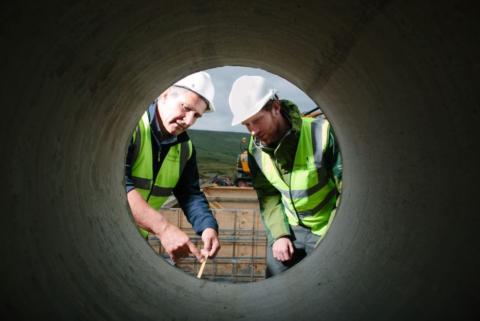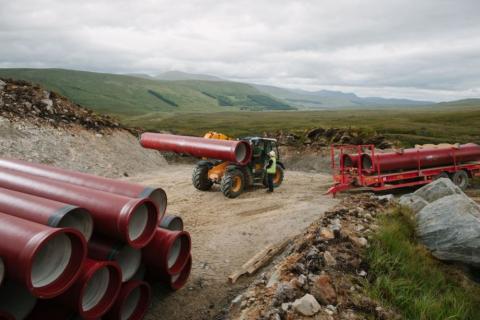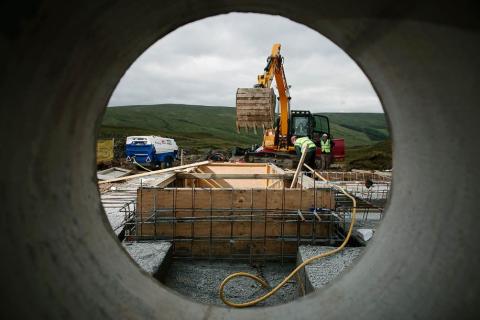Breadcrumb
Green Highland Renewables
Contributing to Scotland’s ambition, providing electricity to the households, Green Highland Renewables (GHR) was founded in 2007 and specialises in developing small scale ‘run of river’ hydro projects from about 50kW to 2MW. The company provides advice and solutions to landowners and communities through the whole process of design, finance, procurement and operation.
The investment in numbers
- 50,000 homes provided with electricity in the last 5 years
- 1,700 jobs created in the hydro sector
Hydropower has a central role in Europe’s transition from an energy system reliant on fossil fuels to one based on renewable sources. Drawing on its market insights, Ancala identified GHR as an attractive platform and proactively approached the existing owners of the business to negotiate a bilateral off-market acquisition. In 2015, Ancala acquired GHR and transformed it into a leading independent owner and operator of hydro plants in the UK. It refocused GHR as an asset owner and used it as a platform for growth and consolidation. The key pillars of this approach included:
- Refocusing the business strategy to asset ownership and operation, enhancing the reporting tools and streamlining the risk and investment processes
- Optimising the existing portfolio by maximising the performance of assets and focusing on completing development projects on time and budget through close monitoring and proactive asset management
- Developing the existing pipeline of projects, prioritising those based on returns and capital deployment potential
- Expanding the pipeline of projects to provide a complete solution for landowners, offering them joint ventures with GHR if desired
- Acquiring individual sites and portfolios of other hydro developers, landowners and corporates
- Raising debt finance to reduce GHR’s cost of capital once critical mass had been achieved
- Expertise was added to the board with the appointments of Duncan Whyte, the ex-Chairman of Wales and West Utilities, and David Owens, the ex-CEO of Thames Water.
They introduced enhanced operating and reporting procedures and policies to improve information flows and decision-making Financing Model (Buy and Build) GHR was acquired by Ancala, which proceeded to transform GHR into the largest independent owner and operator of hydro plants in the UK, before completing a sale to Simec, an energy, metals and mining conglomerate, for an undisclosed sum in March 2018.

Ancala was able to address specific ESG issues
Ancala established a system by which all ESG-related issues would be reported to the board. These issues included:
- Environmental impact: GHR has actively engaged with the Scottish Environmental Protection Agency (“SEPA”) in accordance with policies introduced by Ancala. In one instance, during construction a pipe burst causing silt to enter a river. Following internal policies GHR’s environmental management response commenced automatically and SEPA were informed. The situation was brought under control promptly and a remediation plan activated. This has led to the proactive management of environmental factors and a strong working relationship with SEPA.
- Social impact: The construction of new plants created and preserved local jobs. Financial support was given to local community activities, such as educational initiatives/open days.
- Health & Safety: Meetings were held with all contractors to reinforce GHR’s safe operating procedures and improve reporting. Management maintained comprehensive records of both incidents and near misses, which helped reduce incidents.
- Governance: A revised Scheme of Delegated Authority was introduced to give greater transparency and control over the management of GHR, including spending on opex and capex. Management bonuses could be reduced or even removed because of an ESG incident and management knew that this was a key performance metric that was tested at every board meeting.
Benefits to economy
Following Ancala’s investment, GHR significantly outperformed its acquisition business plan and its portfolio quadrupled in size over three years of ownership. GHR had 18 operating projects with a total capacity of 23MW and another three projects under development with a total capacity of 8 MW (when it was sold by Ancala). The innovative and practical approach allowed GHR to deliver where others could not and included 'multi-project developments' to enhance economic returns and development of bespoke electrical networks to allow projects to export power from remote locations
Benefits to community
The construction of new plants created and preserved local jobs. Further, financial support was given to local communities through educational initiatives. Some of the examples include:
- The 5MW scheme on the Loch Eilde Mor could generate enough electricity to run over 3,500 homes. The hydropower development, located on the Loch Eilde Mor, is producing power to the National Grid and revenue which can be used locally.
- Construction of 2MW Chonais hydro project, run-of-river scheme which generates 2MW of renewable energy for export into the electricity distribution network.
- Construction of a 800kW hydro scheme at Allt Choire a’ Bhalachain will allow the local community to receive an annual royalty in addition to the industry-standard community benefit of £5,000 per MW per annum
